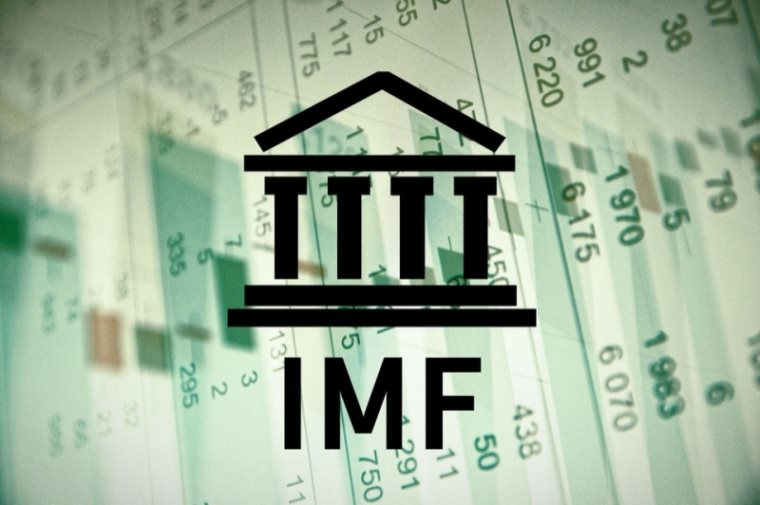International Monetary Fund has revised Georgia’s economic growth forecast and increased it up to 4% for current year and 4,2% for 2018. According to the forecast of the Fund, in Central Asia and Caucasus regions, this year, economic growth will be 3,6%, which is a 0,4% increase compared to the previous forecast.
The Fund states that stability of the financial sector has improved in the region.
“In Georgia, where two major banks have acquired smaller banks, volume of inactive loans has increased insignificantly, while bank liquidity rate has remained adequate”, – reports IMF.
Besides, IMF states that the recent external shocks have revealed supervision shortcomings in the banking sector of countries of the region, however, in the countries like Georgia, Armenia and Kirgizstan, supervision and regulation have strengthened, which fact has significantly increased the stability of financial sector.
“Due to the lessons learned from the world economic crisis, Georgia, Armenia and Tajikistan are working on policy improvement, however, countries of the region should do more to develop a better working document. This is particularly important in Azerbaijan, Kazakhstan and Tajikistan, where fiscal pressure caused by the state support of financial institutions, has significantly increased.
The example of Georgia and Armenia shows that hard landing of the currency might be softened by means of strict rules, related to the liquidity of the banks and tight restriction of foreign currency borrowing”, – states IMF.
IMF is expecting reduction of fiscal deficit in oil-importing countries of the region.
The Fund states that inflation rate in Georgia has grown alongside with tax increase, exchange rate devaluation and increase of prices for goods and it will reach the 3% target point of the Central Bank in 2018.
IMF reports that implementation of reforms in the region and privatization of state-owned enterprises is crucial. IMF names Georgia as an example, where projects implemented on the basis of public and private partnership will be regulated by the law which will strengthen control over obligations emerging from this partnership as well as obligations of the state owned enterprises.
Among factors positively influencing Georgia’s economy, IMF names the bigger increase of the stream of commerce than expected, the reason for which is deepening of economic links with China.
The forecast of economic growth in the countries of the region is following:
Armenia: 3,5%
Azerbaijan: -1%
Georgia: 4%
Kazakhstan: 3,3%
Kirgizstan: 3,5%
Tajikistan: 4,5%
Turkmenistan: 6,5%
Uzbekistan: 6%
















